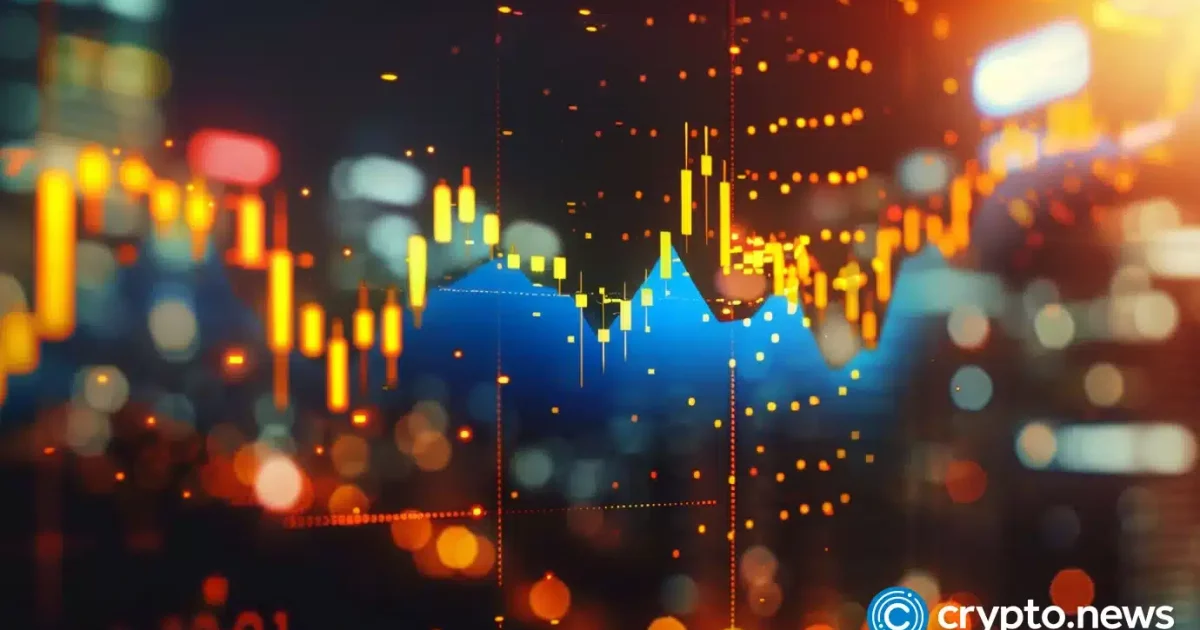Venezuela becomes the latest nation to put a ban on crypto mining firms, citing heavy energy consumption.
According to local news outlet AlbertoNews, Venezuela’s Ministry of Electric Power plans to cut off crypto-mining companies drawing power from the national power grid SEN (Sistema Electrico Nacional).
The Venezuelan government plans to control excess energy consumption through the latest move while ensuring a consistent power supply for the local population.
Venezuela’s National Association of Cryptocurrencies also confirmed the latest ban on the crypto mining industry in a May 18 X post. The move follows the recent seizure of 2,000 cryptocurrency mining devices in Maracay as part of an anti-corruption drive.
The Electric Ministry outlined the need to provide efficient and stable electrical service throughout Venezuela by addressing the stress on the national energy grid caused by these energy-intensive mining firms.
According to officials, these restrictions are essential to stabilize the country’s power supply, which has seen heavy fluctuations for the last decade.
Venezuela has been going through an ongoing power crisis since 2009, with worsening conditions owing to massive blackouts in 2019 that had left towns and cities without power for over a week. The frequent outages have deteriorated residents’ daily lives and overall economic activities.
Cryptocurrency mining has heavy electricity demands. As a result, countries like China and Kazakhstan have imposed strict regulations or outright bans on the activity to preserve their power grids, centralizing mining in fewer locations.
The Venezuelan government’s crackdown on cryptocurrency mining is reportedly part of a broader anti-corruption effort, an initiative that has resulted in the arrest of several high-ranking officials.
Joselit Ramírez, the former head of the National Superintendency of Cryptoassets, is a central figure in the corruption allegations.
Rafael Lacava, governor of Carabobo state, has noted the importance of public collaboration in identifying illegal mining operations and encouraged citizens to report any unlawful activities:
“If you, a neighbor, see a house that you know, tell that person to turn off the farm, or if not, report it, because when they take away the electricity you have to give light to a man so that he can earn a few reais (money), you are left without electricity.”
Experts, as reported by AlbertoNews, attribute the crisis to poor maintenance and inadequate investment in the power grid. The government, however, blames sabotage and has promised to modernize the state-controlled power network.
This is not Venezuela’s first act against crypto mining activities. Last September, Venezuelan authorities seized Bitcoin mining machines from a gang-controlled prison alongside weapons. Over 11,000 soldiers were deployed in that raid.
Venezuela’s regulators suspended Bitcoin mining operations in March following investigations into an alleged corruption scheme involving cryptocurrency wallets to redirect funds belonging to Petróleos de Venezuela SA (PDVSA), a state-run oil company.




